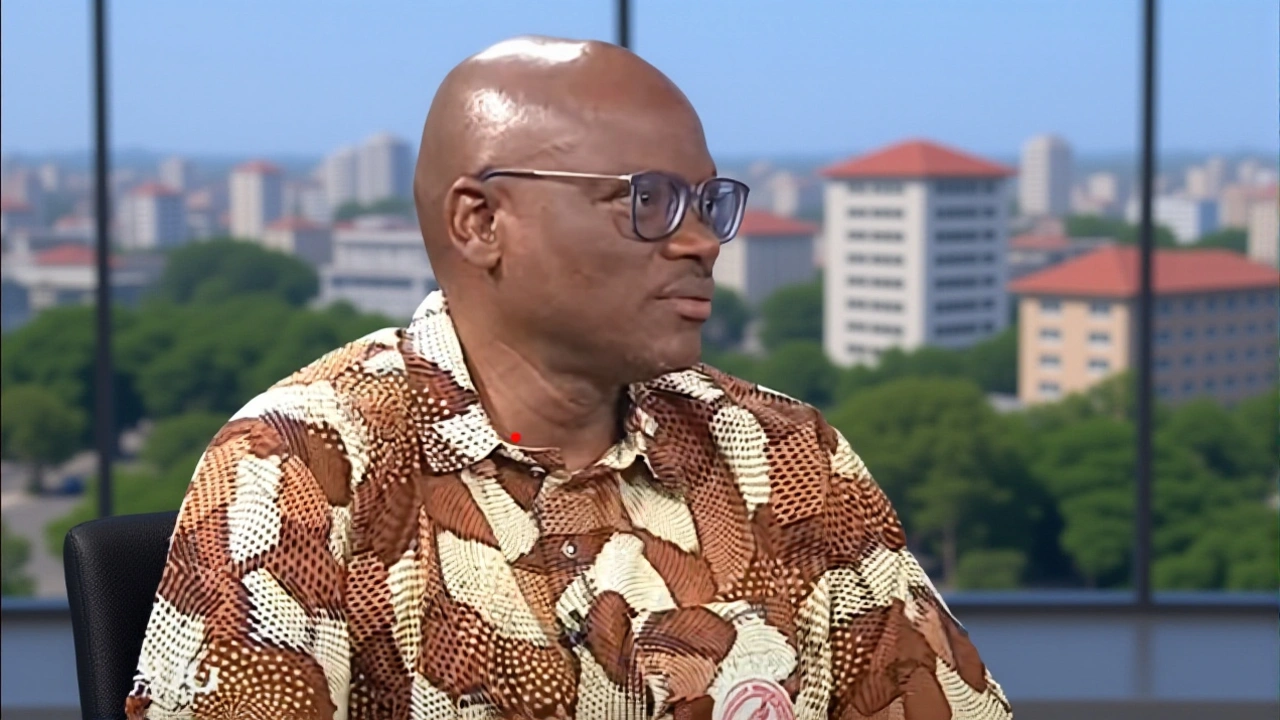When you hear about ASUU strike, a series of work stoppages by Nigeria's Academic Staff Union of Universities demanding better funding, salaries and academic freedom, you also need to understand the role of Academic Staff Union of Universities (ASUU), the national union that represents lecturers, researchers and senior staff across Nigerian higher‑education institutions. The strike doesn’t exist in a vacuum; it’s closely tied to Nigerian government policy, budget allocations, tuition regulations and labour laws that dictate how universities operate. At the same time, student activism, campus protests, sit‑ins and social‑media campaigns that often back the lecturers’ demands adds another layer of pressure. In short, the ASUU strike encompasses demands for higher salaries, the government requires increased budget commitments, and student activism influences the outcome of academic strikes. ASUU strike is more than a news headline – it’s a flashpoint for education reform in Nigeria.
One major reason the ASUU strike recurs is the chronic under‑funding of public universities. Over the past decade, funding per student has slipped below the Sub‑Saharan average, leaving lecturers with salaries that barely cover living costs. This financial squeeze forces the union to call a strike when negotiations stall. The government, on its part, often cites fiscal constraints or competing priorities like infrastructure and security, which limits the amount it can allocate to education. The mismatch creates a feedback loop: lower funding leads to poorer teaching conditions, which sparks protests, which then freeze academic calendars and push more students into unrest. That loop is a classic example of a semantic triple: “University funding requires increased government budget, and insufficient funding triggers academic strikes.”
Another driver is the issue of unpaid salaries and allowances. Many lecturers report months of arrears, and the union uses strikes to pressure the Ministry of Education into clearing dues. When the government finally pays, it usually does so under a “no‑strike” pledge, but the underlying grievances about salary structures remain. This is why each new round of talks often ends in a stalemate and why the strike resurfaces after a brief lull. The pattern shows another triple: “ASUU strike demands timely salary payments, and delayed payments fuel repeated work stoppages.”
Lastly, academic freedom and policy interference play a big part. Recent years have seen increasing government attempts to control curricula, research funding and even the appointment of university leaders. ASUU frames these moves as attacks on the autonomy of higher education. When lecturers feel their professional independence is threatened, they mobilise. In many cases, student groups rally behind them, organising demonstrations that amplify the union’s voice. This creates a third triple: “Student activism influences the outcome of academic strikes, and collective pressure can force policy revisions.”
Understanding these dynamics helps you see why each headline about a new ASUU strike isn’t just an isolated event. It’s the latest chapter in a broader struggle over how Nigeria funds and governs its universities. The next sections of this page bring you the most recent stories – from the latest negotiations in Abuja to campus rallies in Lagos – so you can keep track of how the situation evolves and what it means for students, staff and the country’s future.
Posted by
Siseko Tapile
17 Comments

ASUU's president Emmanuel Osodeke announced a two‑week strike across Nigeria's federal universities, citing unmet funding and salary demands, while the government sticks to a no‑pay policy.
read more